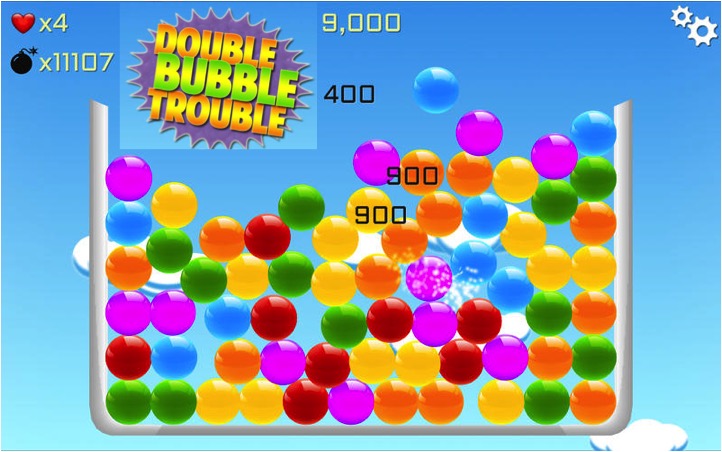
When stocks and other asset classes seem overvalued, we ask if we’re in a bubble. For a while, fools try to explain it away with lines like, “It’s different this time because [fill in the blank with ever more creative forms of denial].”
When we can no longer deny that we have once again entered the lofty realm of irrational exuberance, we ask when the bubble will pop and what will happen when it does. The pundits weigh in with assorted scenarios, none of them good.
After a year or so of that, we sort of forget the whole thing and go about our business.
That’s where we’ve been for about a year now.
If you haven’t read “The Problem With Our Bubble Economy,” you should. It sure is different this time, but not in a good way. The dot-com bubble was one bubble. This time, we’re in a whole bunch of bubbles. And that spells double bubble trouble.
We have a private equity bubble, a liquidity bubble, a risk bubble, a cloud and Internet stock bubble, an energy bubble, and a biotech bubble. Take your pick. None of these bubbles are sustainable. None if them add up.
To make matters worse, the Fed has artificially pumped up the market by keeping interest rates down so there’s nowhere else for investors to put their money and earn a reasonable return. So now we also have a broad asset bubble, courtesy of the Fed’s easy money.
Today’s market defies logic unless you call it what it is: A bubble economy.
Wait, it gets worse. Now we have a slowing economy following a weak recovery. But since we’re in a bubble, consumers are still spending like crazy and in debt up to their eyeballs. Consider this trio of Wall Street Journal stories, all from the same day:
“U.S. factory activity in November fell to the lowest level since the end of the recession, as weak global demand and a strong dollar continued to buffet the manufacturing sector.”
And, “Business investment across the U.S. is fizzling out. Companies appear reluctant to step up spending on the basic building blocks of the economy, such as machines, computers and new buildings.”
Meanwhile, “U.S. new-car sales in November continued to run at a blistering pace, putting the auto industry on track to challenge the 17.35 million sales peak reached in 2000.”
Not only that, but the top gifts for this holiday season are high-dollar tech products like Apple Watches and Samsung HDTVs. In other words, the economy is slowing, corporations have figured that out and cut spending, but consumers are still partying like it’s 1999.
I’d say sorry about the downer post but I’m not. If I don’t tell you the truth, who will?
Look, I’m not saying you need to run for the hills, buy gold, or hide cash under your mattress. I’m not even telling you to change your portfolio. I’m not. I just want you to know what’s going on. The rest is up to you.
Comments and questions are always welcome. Come on guys, I’m getting bored here. Let’s talk it up.